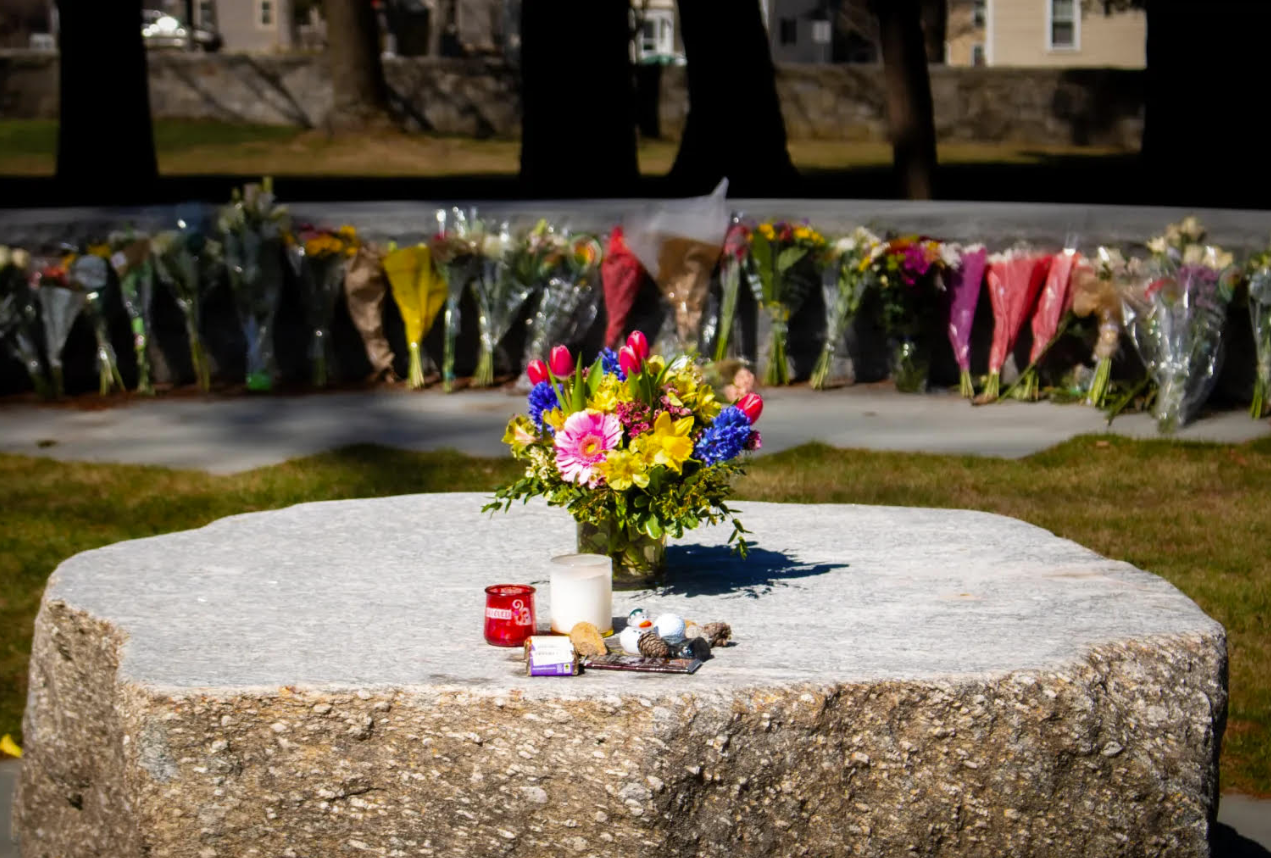Day 2: 抱歉, sorry, [i carry you with me(i carry it in] |
This is day 2 of journaling with Selena. Today’s prompt:
What word(s) do you use too often?
Panic isn’t loud at first.
Panic manifests in late-night giggles, the eakeakeak of a door creaking open after midnight, and the soft soof-soof of rubber slides on dusty dorm tiling.
Panic strikes when you don’t expect it.
Panic grips you when your friend grips you, pushes you against the dorm wall with a hollow thud, and screams at you with fire in his eyes: “I HAVE THE SAT TOMORROW MORNING.”
Panic chokes, and all I could do is repeat “I’m sorry, I’m sorry, I’m sorry”
There are three main phrases for saying sorry in Chinese:
对不起 – Literal translation: (I) can’t face you. Use case: You’ve hurt or wronged someone.
不好意思 – Literal translation: There is no good meaning/intention. Use case: small favors, interruptions.
抱歉 – Literal translation: (I) hold/carry regret. Use case: formal apologies, written apologies, serious apologies.
Growing up, I heard 不好意思 all the time. Even though the literal translation seems to make no sense, it’s more accurately characterized by I’m embarassed. Before phone calls: 不好意思打扰你, I’m embarassed for disrupting you. When arriving at parties: 不好意思晚来,I’m embarassed for being late. Before excuses: 不好意思,火车没来, I’m embarassed, the train didn’t come.
The other two, I never heard. Maybe once in a while I’d hear a desolate 抱歉 or 对不起 from a eunuch or lover, one of the many characters in the C-Dramas that kept my mom so entertained, but never from my own family members. When I tried to say it, they would ask me, what do you have to be sorry for? At the same time, I’d never use 不好意思. After all, what did I have to be embarassed about? Family is family, after all.
Speaking English was different. Saying sorry seemed to be enforced. They say that please and thank you are the magic words, but sorry was magic the way it seemed to automatically solve problems for elementary school me. Oops, you broke your friend’s toy? One sorry was all it took to fix things. You ate your sister’s food? Sorry! After a while, whenever I’d hear my parents use 不好意思, I’d mirror them in English. Sorry for the trouble, sorry for being late, sorry – my alarm didn’t go off.
When it came to playing hockey, things changed again. Now, when you made a mistake, a couple things could happen. You could get scored on, and sorry lost its magic. Sorry didn’t cut it when you had to look your goalie in the eye after letting your guy blow by you. Alternatively, it was really a tiny mistake. The pass was a bit off and your teammate bobbled it. Your shot didn’t get to the net. You missed the tip by a little. Then, saying sorry felt way too big. I needed my own hockey 不好意思: “My bad!” “My fault!”
Learning which version of sorry to use and when has not been easy. I’ve calibrated by mood, by mistake, by language. But sometimes, life hands you moments when any sorry feels like a lie. Where the word means so little, and the silence after it says so much more. When I said “I’m sorry for your loss” to the family of a friend who’d taken his own life, it felt hollow. Meaningless. Stupid. Sorry wasn’t magic anymore. Sorry wasn’t big enough to capture what I wanted to say. It was air filling space with no meaning, no purpose. Maybe if English had a 抱歉,a sorry that you carried in your arms like the child they’d lost, maybe I would’ve used that instead.
I’ve said sorry so many times that it means almost nothing. Maybe it’s even a reflex. But in the moments that actually demand it, it doesn’t mean enough. So now, I’m learning to save my sorries. Not because I don’t care, but because I do. I want it to mean something when I finally say it. Sometimes, I won’t say anything at all. I’ll just carry donuts or flowers and hope they’re enough. 抱歉. I hold it too. I carry him with me. I will never let him go.

